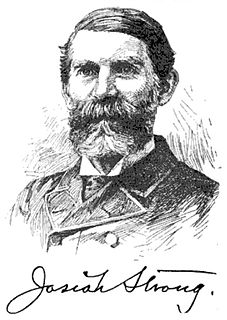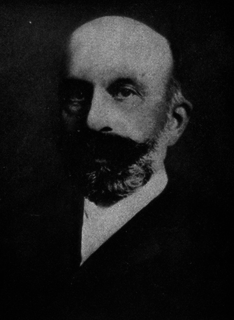A Quote by W. E. B. Du Bois
The problem of the twentieth century is the problem of the color line: the relation of the darker to the lighter races of men in Asia and Africa, in America and the islands of the sea.
Related Quotes
The Negro race, like all races, is going to be saved by its exceptional men. The problem of education, then, among Negroes must first of all deal with the Talented Tenth; it is the problem of developing the Best of this race that they may guide the Mass away from the contamination and death of the Worst, in their own and other races.
When we talk about Orientalist painting, we're talking about painting generally from the seventeenth through the nineteenth century, and some would say even into the twentieth, that allows Europe to look at Africa, Asia Minor, or East Asia in a way that's revelatory but also as a place in which you can empty yourself out. A place in which there is no place. It's an emptiness and a location at once.
So, in "Melting Pot" the children (about a third of whom were kids of color) sang the line, "America was the new world and Europe was the old," in one stroke eradicating the narratives of indigenous persons for whom America was hardly new, and any nonwhite kids whose old worlds had been in Africa or Asia, not Europe.



































